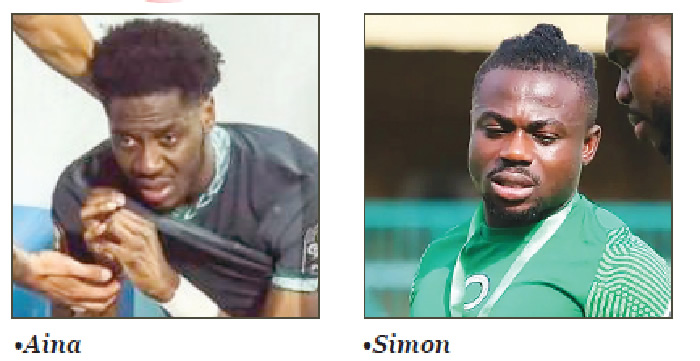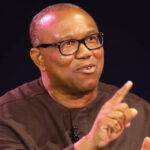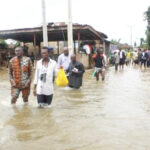
The failure of the Super Eagles to qualify for the 2022 World Cup has marked the beginning of a long, torturous and painful wait for another four years for Nigeria to appear at football’s showpiece event, according to some Nigerian footballers, The PUNCH reports.
By not qualifying alone for the tournament, the Eagles lost about N4bn.
One of the players who featured in both legs of the final playoffs against Ghana, Oghenekaro Etebo, said the Eagles’ failure to qualify for World Cup in Qatar remains the lowest point of his career.
“I have had good memories, was at the last edition in Russia and I had hopes of playing in Qatar, but it was not meant to be,” Etebo said.
“It hurts not playing in Qatar but as a team, we will ensure we qualify for the next edition.”
Moses Simon also revealed his displeasure watching the ongoing Mundial from home.
“Obviously, that was not our plan because we had high hopes to qualify for the World Cup,” Simon said.
“We just have to hope that we qualify for major tournaments going forward.”
Joe Aribo added that Nigeria’s failure to qualify for Qatar 2022 remains the lowest point of his career.
The Southampton star will now wait for another four years before fulfilling his World Cup dreams.
“I will say probably one of my lowest moments in football, not just because we are not going to the World Cup, but in the manner it happened against Ghana,” Aribo told Southampton’s website.
Former Super Eagles captain Mikel Obi said he was yet to overcome the disappointment of the team’s failure to qualify for Qatar 2022.
“It is really painful that we did not qualify because it’s been a long time we experienced non-qualification (Germany 2006 finals),” Mikel said.
“It was strange and I felt really sad because I can’t imagine watching the World Cup without Nigeria and it is even more painful to lose the chance of qualification at home.
“I remember the last edition in Russia, when we qualified with almost three matches to spare in the qualifying series. We were motivated and we had a leader on the pitch. All the 11 players listened to only one man on the pitch, not many.
“We need a leader on the pitch for others to follow. You don’t need five leaders, but just one because when you have four or five people giving instructions on the pitch that is not a unit.”





